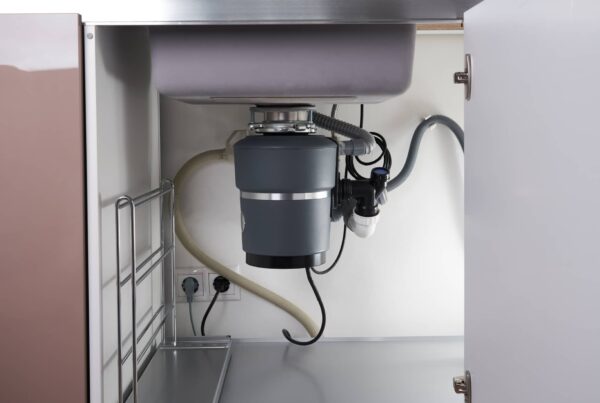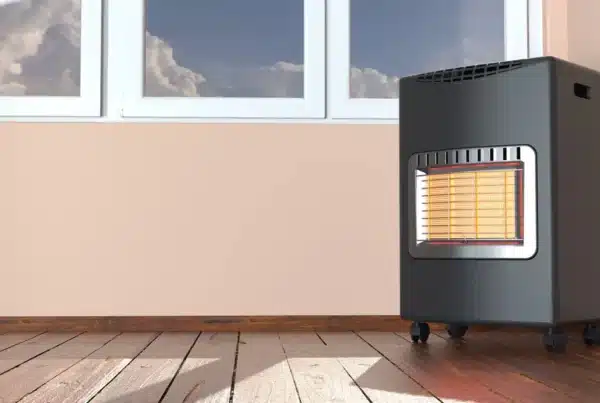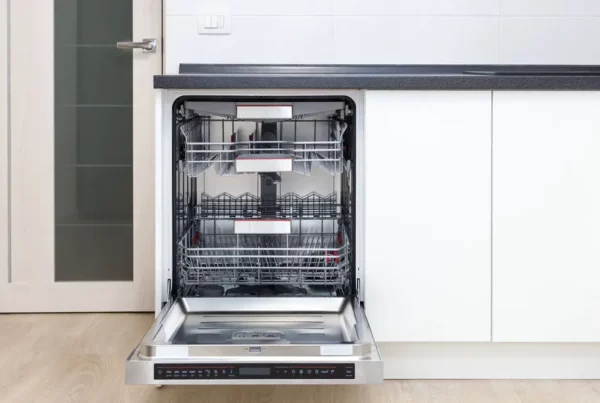
When it comes to a garage, depending on the type of garage that you have, can determine what is necessary for the best functionality of your garage. In most cases, a garage is built to house your car and keep it out of the environmental elements. Garages are also constructed for additional storage space of all tools, crates, holiday decorations, and any other items that do not otherwise fit in your homes closet space. With all of those items, including your car and possibly water heater, you would think proper ventilation is a must. Are vents required in garages? It is not required to vent a garage. However, it is highly recommended that you do so.
Let’s take a look below at all of the options for venting a garage and why it is a good idea.
What Is Good About Ventilating
The word ventilation is a great term to associate with your home. The better the ventilation in all areas of your home, the healthier the homeowner, and family members can be. Let’s take a look at some reasons why having the proper ventilation in your garage is a good thing.
- Water heater – it is required if there is a water heater in the garage. This is because it can get very hot because of the heat that comes off the water heater. The type of ventilation recommended is an exhaust fan.
- Vehicle fumes – the fumes from our cars are hazardous to our health. Having ventilation in the garage allows these fumes to escape and we avoid possible issues with carbon monoxide.
- Repurposing – Many people use their garage for purposes other than parking the car. It is often used as a gym or sometimes a living space. When this happens, you want to have ventilation so that air is flowing through and keeps it cool.
- Cooling costs – The garage is hot and the walls and garage access door transfer the heat to the living spaces. Thus, increasing the electricity that the AC uses while it is trying to cool the home. This can be fixed though by having a vent and then the hot air will have a place to go our and bring in cooler air as well as fresh air.

What Are Some Options
Even though vents are not required in garages, there are a variety of ways to increase the ventilation in your garage and other areas of your home. Although ventilation in your garage is not required by building code, the Environmental Protection Agency (EPA) recommends that increasing your garage ventilation is a great way to reduce health risks and property damage. Some of the ways that you can increase ventilation in your garage are as follows:
- Windows – if you have two windows installed, this allows more air to come in and replace the hot garage air. Additionally as mentioned above, the windows will help get rid of any fumes from vehicles that may be lingering in the garage.
- Exhaust Fan – this type of fan is a great addition if you are using your garage for a gym, laundry room, or wood shop. The fan will also send out the stale air and bring in fresher air and this is because it uses electricity and doesn’t rely on the weather for a windy day to work.
- Roof Turbine Fan – this fan doesn’t require electricity to work and it will take the fumes and hot air out the ceiling. Since it uses wind, this will lower the electricity bill. The downside is that it requires a professional to install it as it is not easy.
It is recommended that for each car in the garage ventilation space is kept at 100 cubic feet per minute spacing.
How Much Does It Cost
Depending on the type of ventilation system that you choose to install in your garage will determine how much you spend. Two types of ventilation options consist of passive and active ventilation. Active means there is electricity supplied and the ventilation is completely mechanical, such as an electrical exhaust fan. Passive ventilation means that the air just passes freely into and out of the garage. The average cost for any type of ventilation system in your garage ranges from $600 to $6,000. The bigger the garage the higher the costs.
Other Recommended Maintenance
Now that you have learned about ventilation in a garage, think about if you don’t have windows how you can keep the garage cool. There are a few ways such as installing an AC wall unit, insulating the walls, or changing the garage color to a lighter shade. Some of these things you may be able to do or may need to contact a professional.
Over time, you may notice that your garage door is squeaky. To keep it working properly, keeping up with lubrication and cleanings will help it last longer. Dirt and debris get on the track so it needs to be maintained. However, just like with anything, it will wear down and may need replacing.
Lastly, a lot of homeowners like epoxy floors in the garage. How long do epoxy floors last? 2-3 years in high traffic areas, but 10-20 years in many places.

When Do I Call A Professional
When coming up with the idea of installing a ventilation system in your garage, you will want to call a professional contractor. You might even need to reach out to a licensed roofing contractor. Depending on the specifications of what you have chosen to install will dictate which contractor you will need to hire. Reach out to your local home inspection team. They can inspect the garage and your water heater in the garage to help determine the best options for ventilation.
They will be able to recommend if you should install a roofing ventilation system, garage door windows or vents, or even a type of exhaust fan. Once those recommendations have been made, they can refer you to the proper reputable contractor that meets your ventilation needs.
Conclusion
Installing a ventilation system in your garage takes the correct contractor. Whether you decide on roofing vents, roofing stacks, exhaust fans, or garage door windows can determine who might be needed. It is also a great idea to have your water heater looked at, as the proper ventilation will help the longevity of your water heater. In order to make sure all building codes are followed you should reach out to your local home inspection team. They will recommend the best contractors for following the building codes. Call Waypoint Property Inspection to inspect your home in Tampa, St. Petersburg, Lakeland, Orlando, Palm Beach, Ft. Lauderdale, and surrounding areas.



